Zubair Malik
Flash Back History: Political Machinations (1947-1963) and the Elusive Peace.
A reminiscent of the colonial era, Kashmir continues to remain in headlines for obvious geo-political and historical reasons. Peace in Kashmir has proved a veritable enigma ever since it signed the instrument of accession with India on 26th October, 1947 surrendering its defense, foreign affairs and communication in the wake of precarious security situation as obtained in Kashmir. The tribal revolt had engulfed Kashmir which brought the Maharaja Hari Singh’s government down to kneels. In the wake of impending breakdown of administrative-cum-military apparatus, Maharaja Hari Singh, the dogra ruler of Jammu & Kashmir, in desperation but encouraged and emboldened by Shiekh Mohammad Abdullah , the political stalwart of then Kashmir requested the government of India for immediate military assistance. V.P.Menon, advisor to the government of India in the ministry of states was rushed to Srinagar to assess the situation on ground. He sent panic signals to Delhi and called for an immediate security assistance which was readily given but before that as a legal necessity the formal instrument of accession was signed by Maharaja Hari Singh , thereby effecting the state’s “temporary” accession with India. Law and order was restored and Shiekh Mohammad Abdullah assumed the reigns of popular government.
The events that followed the signing of the instrument of accession were marked by deliberate attempts on the part of the government of India to bring Kashmir at par with other states of the union. Shiekh Muhammad Abdullah , the Prime Minister of Kashmir smelled foul and he came out in open defiance of New Delhi. He put on the apparel of a rebel with the aim to abort every such move of the government of India which transgressed the mandate as provided through the instrument of accession. Even Delhi agreement couldn’t satisfy Sheikh Muhammad Abdullah and when it became clear that the latter would not yield he was ousted from power in the most unceremonious and unconstitutional manner, on 8th August, 1953. He was straightway shown the door to prison. This very event dented the credibility of Indian establishment in the eyes of a politically conscious Kashmiri. Shiekh Muhammad Abdullah’s demise left the way clear for the political establishment of New Delhi to bring Kashmir under more and more laws of the central government. They had a man ready in Bakshi Ghulam Mohammad (considered once the right hand man of Shiekh Muhammad Abdullah and who had declared his faith in Shiekh Muhammad Abdullah as the sixth article of faith) who showed an uneasy eagerness in effecting the integration of Jammu and Kashmir with the Indian union. He thus negated the policy of National Conference leadership under Shiekh Muhammad Abdullah which aimed to build state’s constitutional structure on the pillars of maximum autonomy and limited integration with the Indian union. Needless to mention that article 370 had been specially inserted in the Indian constitution guaranteeing the defined autonomy to Jammu and Kashmir in the light of the instrument of accession.
The Bakshi era (1953-1963) saw the erosion of autonomy guaranteed to Jammu and Kashmir .In fact the adoption of the constitution had set in motion process of integration of the state with the union. In the two years after the adoption of the constitution several measures were adopted to consolidate the state’s ties with the rest of the country, of which following may be particularly mentioned ; application of fundamental rights , extension of jurisdiction of the Supreme Court of India, Transfer of services to the union list , extension of the authority of the Auditor General of India, approval by the Planning commission of the State Development programme, financial allocation from the centre , abolishing of the customs barrier , integration of services and association of the state with the Northern Zonal Council.
The alienation forces unleashed through the aforementioned measures became consolidated in the collective political psyche of Kashmir, although Kashmir was liberally financed to balance the effect. Undoubtedly within a few years after the arrest of Shiekh Muhammad Abdullah there was such economic activity as never witnessed before. Economic activities were undertaken on an unprecedented scale. The economic health of Kashmir improved for Bakshi undertook a number of economic measures. As Bakshi enjoyed the full backing of New Delhi, a number of projects were undertaken in Kashmir . The construction of Banihal tunnel was completed , roads were built, hydro electric projects were established , medical college and engineering college was established, essential services were subsidized, the salaries of the government servants were increased and a host of such other activities were pursued. The tourism industry received a new vigour. Hospitals and dispensaries were set up throughout the state , besides the local talents received an encouragement as radio Kashmir and the cultural academy boosted the local talents in music , art and culture . Education was declared free from primary to post graduate level . True the socio-economic developments which Kashmir experienced during the Bakshi era could have proved a boon for ushering peace and stability in Kashmir and cemented the alliance based on trust between New Delhi and Srinagar had the Indian Political elite remained sincere in its political commitments and obligations(not interfered with and guaranteed political autonomy of Kashmir). The political machinations were and are uncalled for as the same provided the ammunition to fuel and consolidate the separatist sentiment in Kashmir . What could have been more embarrassing than the fact that the same Bakshi Ghulam Mohammad who loyally served the interests of New Delhi for a decade was shown the door , once he outlived his utility. Ironically he was lodged in the same prison which had been the destiny of his master Sheikh Muhammad Abdullah. What happened after till the eruption of mass militancy in 1990’s reflect a continuity of the political machinations and as a consequence the consolidation of the separatist sentiments.
Needless to mention the plebiscite front was the earliest organized
platform formed in the wake of Shiekh Muhammad Abdullah’s unceremonious departure . Many things were (and are ) taken for granted in the name of “national interest” which eroded the faith of a politically conscious Kashmiri in the democratic credentials of India. Political corruption, favoritism , nepotism , goondaism and the like have been the hallmark of the political landscape of Kashmir where even a moralist and the standard bearer of democratic ideals and principles , Mr.Jawaharlal Nehru could not satisfy the tender conscience of a common Kashmiri. The elections in Kashmir have always remained controversial thus telling upon the efforts of India to effect a stable and emotional integration of Kashmir with the Indian union. Even , by and large , the free and fair elections of 2002 and 2008 were not able to erase the indelible blot which has gained solidity over the decades. Not only this every single event of importance gives air to different conspiracy theories . The sincere and humanitarian aspects ,too , are seen with doubt. And in this whole affair the peace continues to elude us and remains as ever a farfetched dream!




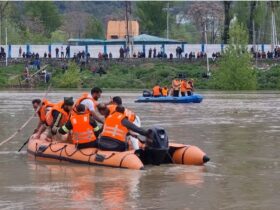

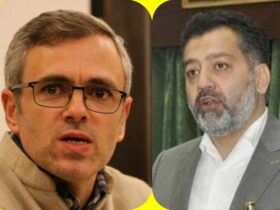
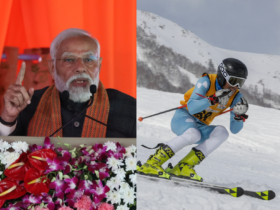

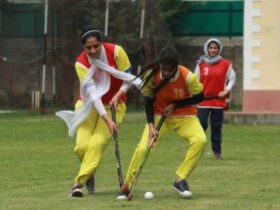

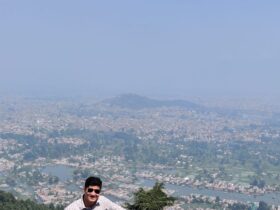
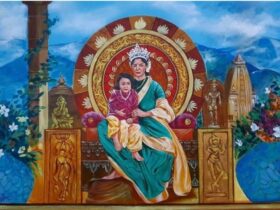

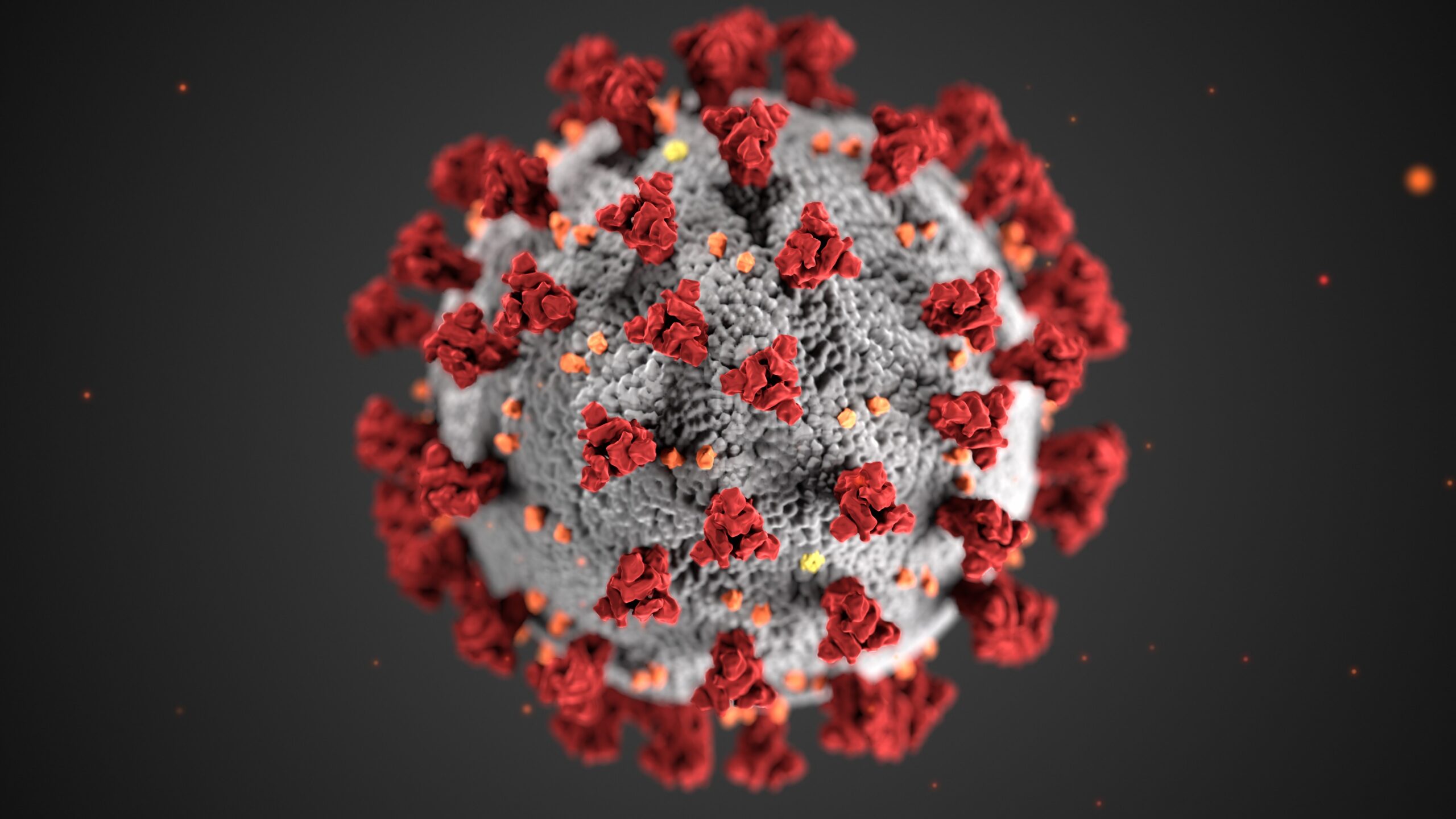
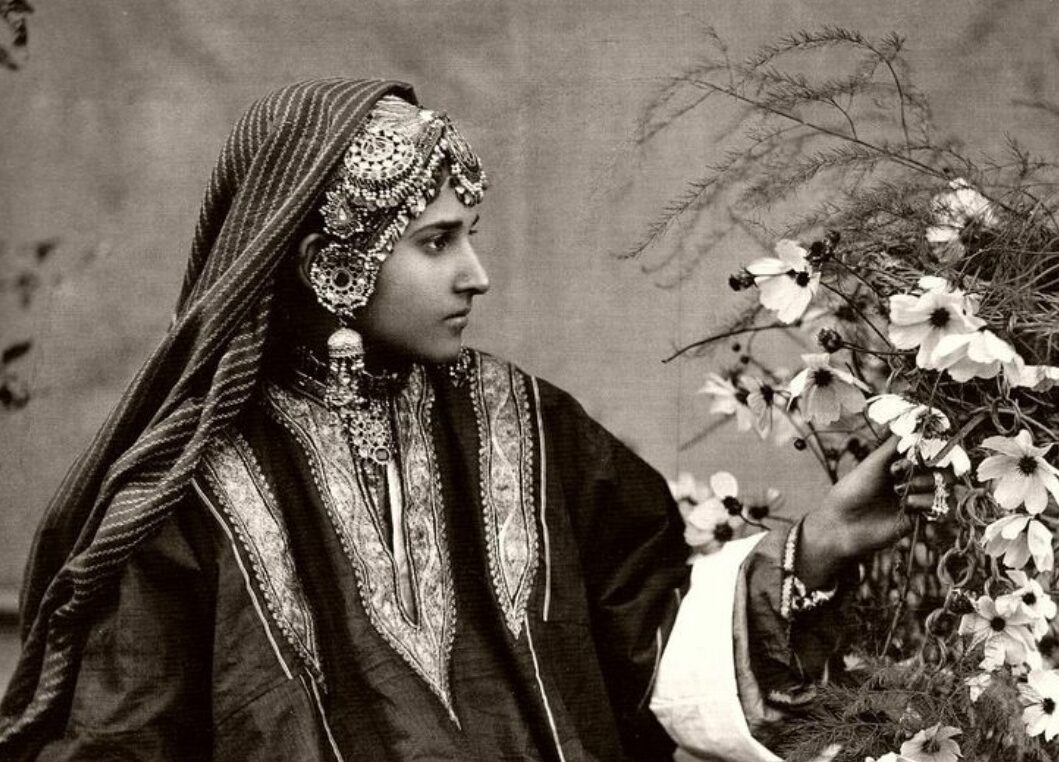

Leave a Reply